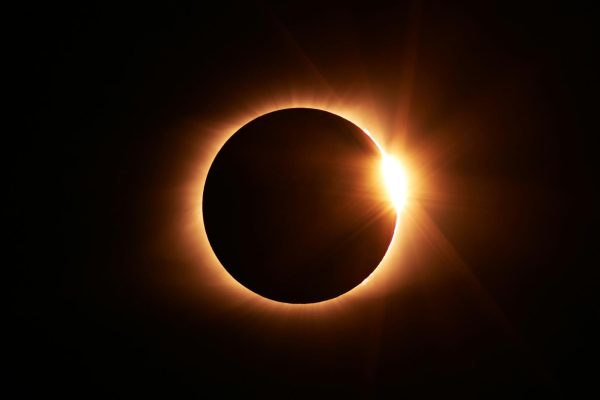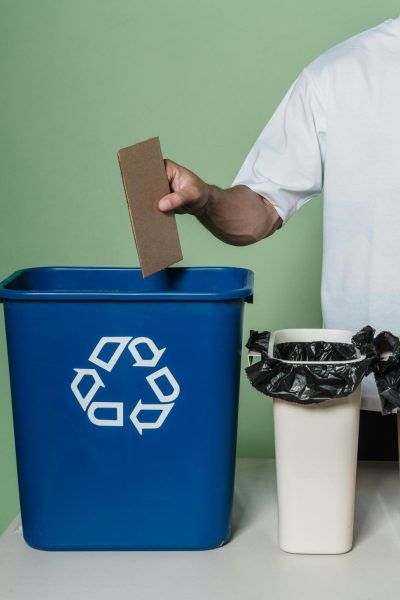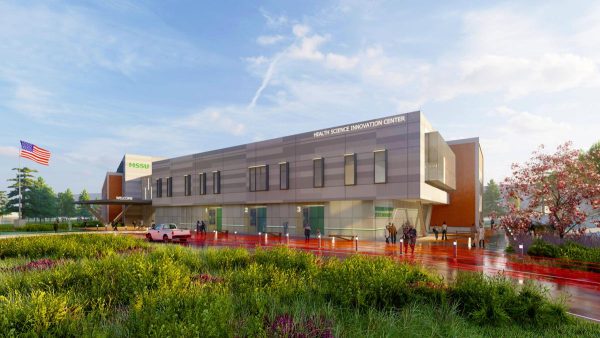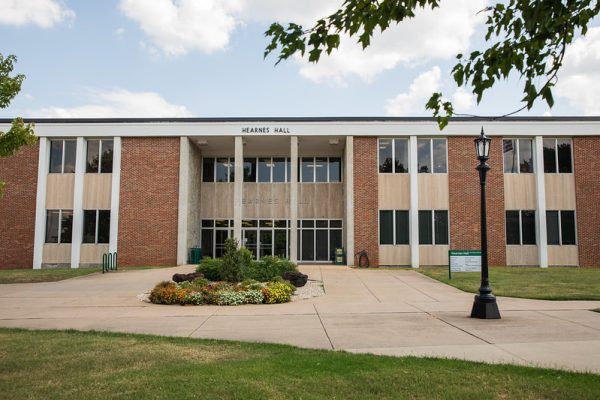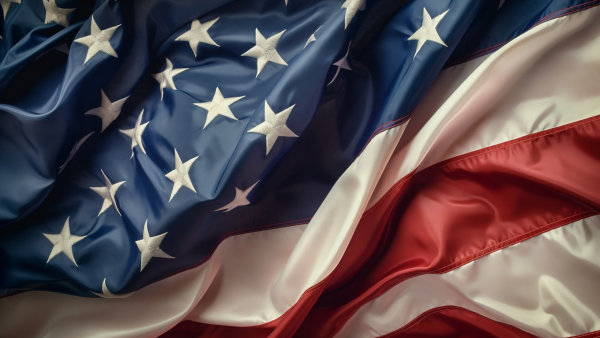A look back on 2020: The pandemic, racial injustice and the need for a leader
In 2020, Americans have been through it all. The death of Kobe Bryant and the impeachment of President Trump came in the spring, while protests across the nation for equal rights followed in the summer. Not long after, Murder Hornets arrived in the United States, and most recently, the death of late Justice Ruth Bader Ginsburg, and the ongoing Global pandemic that has killed over 220,000 Americans.
2020, no matter how unbelievable it may seem, isn’t over yet. Less than 4 weeks away, in a small rural country in the northern hemisphere, an election will take place. In 2016, Hillary Clinton and Donald Trump each won nominations in their respective parties to peruse the presidency on their behalf and endorsement.
Much of Clintons campaign in the last election cycle, was comprised of many calls to action that included, equal rights for minority and marginalized groups, gun reform, an economy that worked for all and an expansion of healthcare.
Meanwhile, Trump focused his message on interpreted failings he saw in our immigration policy, a system corrupted and in need of draining, and most of all, a call back to the days of old in regards to conservative life and economic policies.
Among many other issues to be debated and discussed, these were the issues voters in the republican and democratic party put a premium on in 2016.
It’s not much of a surprise to see many of the same issues being discussed among the candidates in the election for the presidency in 2020. Biden has come out strong in support of the peaceful protests to fight racial injustice, to increase the federal minimum wage, and expand healthcare for those who are suffering now.
Likewise, Trump has put his faith in the stock market, to push strength he sees in the economy and the need to focus efforts on slashing regulations to stimulate said economy.
It’s no coincidence, that these handful of issues overlap in both elections and the candidate’s platforms over the last 4 years.
There’s just one problem. There is something different in 2020 than in 2016 that has many Americans second guessing their vote for the presidency. The coronavirus has taken over 220,000 American lives to date.
It can’t be understated, the economic, social, and financial effect, this pandemic is having on each and every American in the United States.
In late spring and early summer, Americans saw unemployment and furlough rates not seen since the great depression of the 1930’s knock on their door. With many losing their jobs, Healthcare in many cases was lost as well.
“I think the pandemic shows the weaknesses of our system, that are already present”, stated Dr. William Delehanty, Political Science Professor at Missouri Southern State University.
With healthcare as a perk with many jobs, the loss of said job puts an extra stress on an individual when it comes to their health. “I guess the idea would be if you had coverage independent of your employer, the health-related costs of losing your job would be nonexistent, because you would maintain coverage,” said Delehanty.
On Oct. 7th, Commonwealthfund.org estimated, as many as 7.7 million workers lost their jobs with ESI as of June 2020 because of the pandemic-induced recession. The ESI of these workers covered 6.9 million of their dependents, for a total of 14.6 million affected individuals.
The few measures that have been taken to mitigate this pandemic include, lockdowns, social distancing and the wearing of a mask when out and about. Many of these practices have been left by the wayside in the Midwest, while states continue to set records for daily cases on the regular.
“I think the one thing that really helps to mitigate the spread, it doesn’t stop it but it mitigates it is the wearing of masks. If this is true and it works, this seems very problematic to not have a federal mask mandate. Such that no matter what the jurisdiction, everyone is required to wear masks,” said Delehanty.
Pushback has been plenty in the Midwest, as many conservatives have cried for their viewed lack of freedom of choice. “I know that sounds like a strong statement of federal authority but I think, if we’re gonna take the virus serious and all its collateral effects, economic, and social; then we ought to be very strong in the use of the authority that we have to mitigate the effects of the virus,” said Delehanty.
While the coronavirus has far reaching effects on the economy, access to healthcare, and unemployment, the fight for equal rights for women and minorities in America have also been exacerbated by the pandemic.
Black and Latino communities tend to have more preexisting conditions that can lead to complications with the virus, less access to good healthcare, and fewer chances to attend a university of higher education to climb the economic ladder.
In return, we have seen higher rates of these communities die, when contracting the coronavirus.
So, with the injustice of lacking access to all these important necessities, another injustice in the killing of George Floyd was enough to inspire mass protest across the entire nation in the fight for a better America.
In the eyes of many voters, this is a time for leadership. With the ongoing pandemic, and spikes likely to continue with a lack of country wide mask mandates and colder seasons ahead, the pandemic response will likely define this presidents’ final months and the next presidents first term.
Your donation will support the student journalists of Missouri Southern State University. Your contribution will allow us to purchase equipment and cover our annual website hosting costs.



















